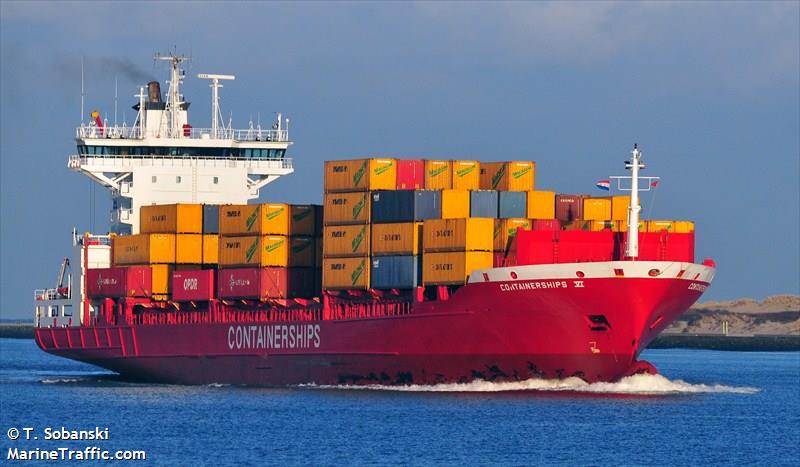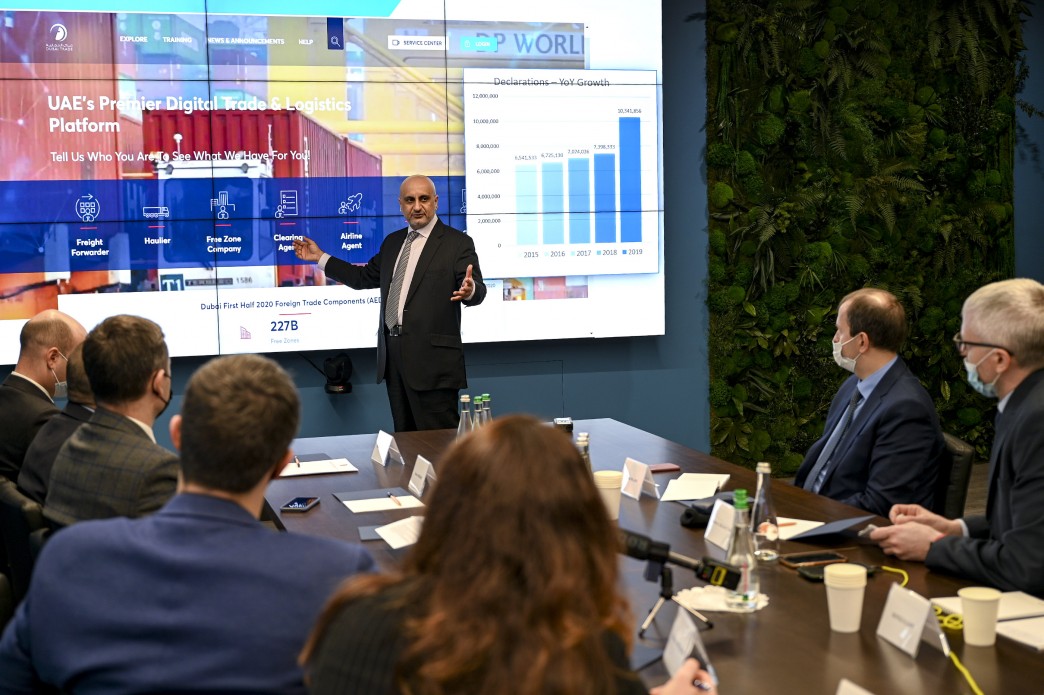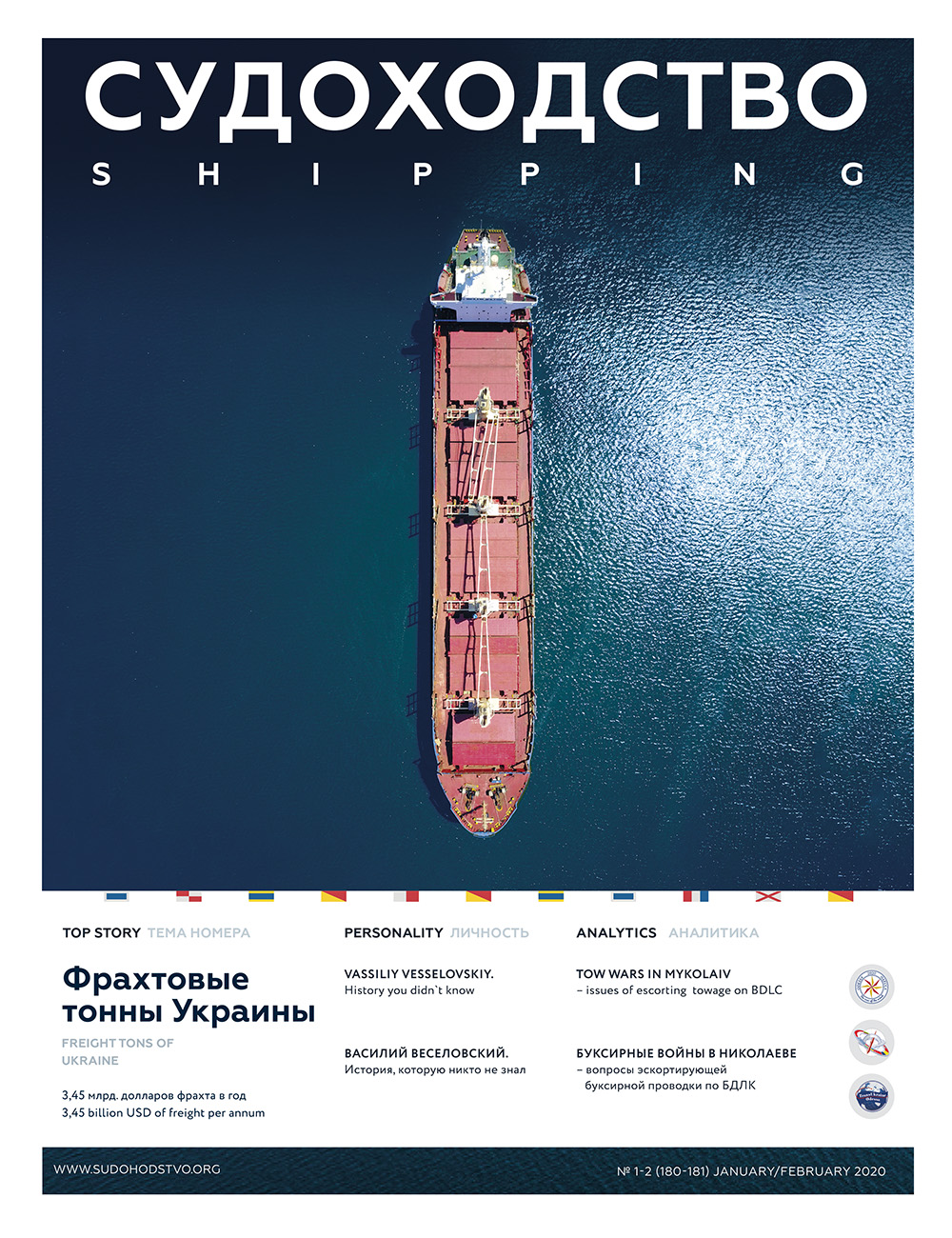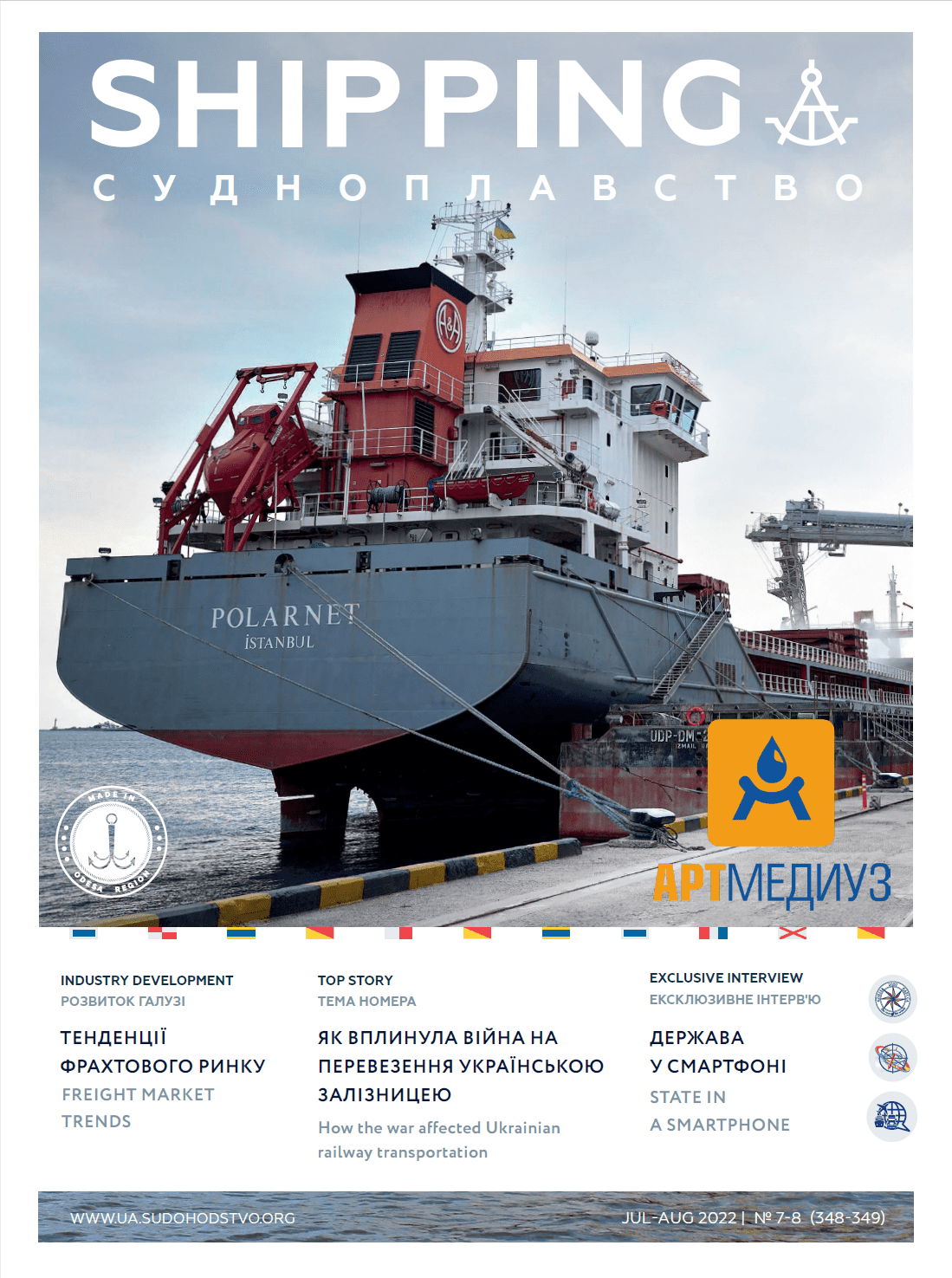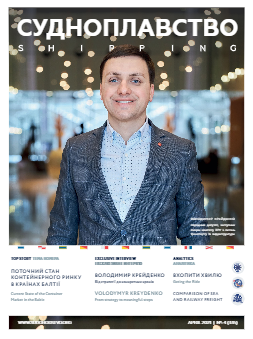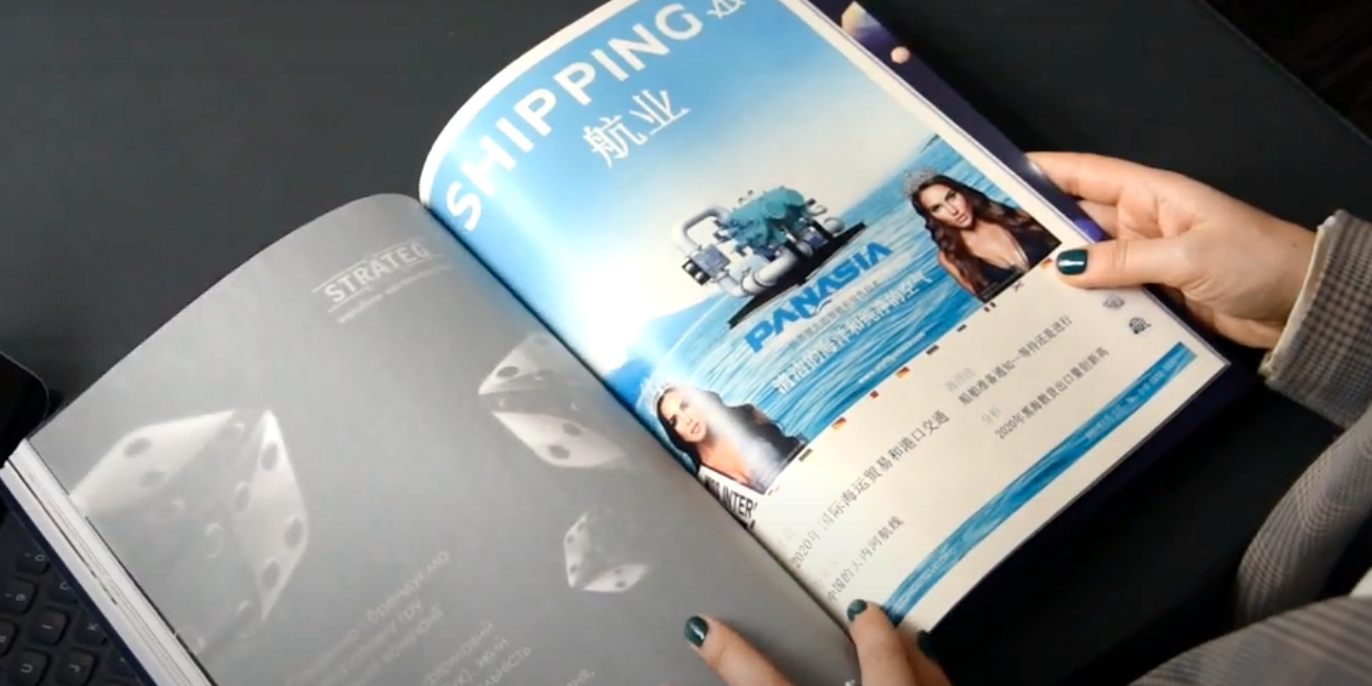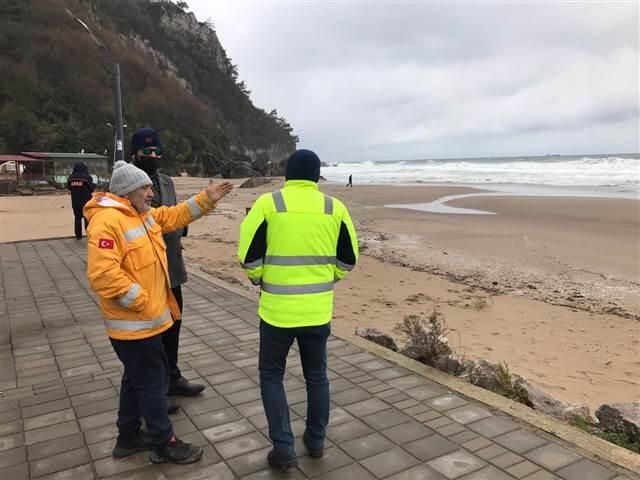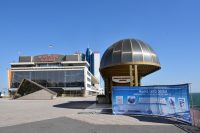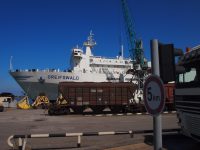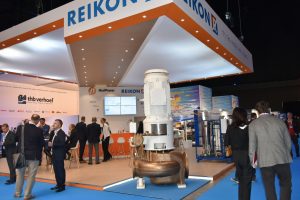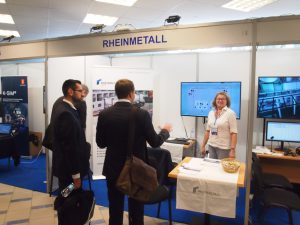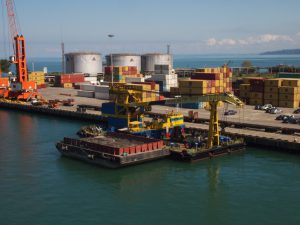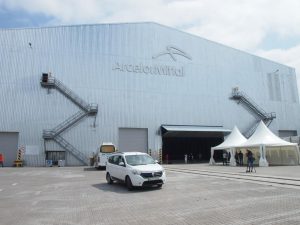Ocean Network Express’ (ONE) magenta-color containership has made its first call at the Port of Hamburg on October 26, and was handled at HHLA’s Container Terminal Altenwerder – CTA.
With a length of 320 meters and a width of 46 meters, the 8,102 TEU boxship was previously known as MOL Continuity. Now, the rose-colored containership is deployed on ONE’s FE1 – Far East-Europe 1 liner service, linking Hamburg weekly with the Japanese ports of Kobe, Nagoya, Shimizu and Tokyo. Additional ports served on a weekly basis by FE 1 are Singapore, Jeddah and in Europe, apart from Hamburg: Southampton, Le Havre and Rotterdam.
“We are delighted to be able to welcome and to clear ONE’s first containership in the new corporate livery here in Hamburg,” Jan Holst, Director Germany & Central Europe, commented.
“With the novel magenta colour scheme, we are making this a memorable call for ONE. This, for the shipping industry very unorthodox colour underlines our claim to do things differently and to create something new,” Holst added.
Ocean Network Express (ONE) is a Singapore-based global container shipping company that commenced operations on April 1, 2018. ONE merges the container activities of Japanese shipowners Kawasaki Kisen Kaisha (‘K’ Line), Mitsui OSK Lines (MOL), and Nippon Yusen Kabushiki Kaisha (NYK).
For Japan, Hamburg is among Europe’s top ports. In the first half of this year, the Port of Hamburg’s container traffic with Japan grew by nine percent. With the entry into force of the Free Trade Agreement between the European Union and Japan, for 2019 economic experts anticipate a distinct boost for mutual foreign trade. For the Port of Hamburg, the abolition of existing customs duties and the opening up of markets will trigger a further rise in foreign trade with Japan, according to the port.
Separately, Hamburg Senate has been preparing for Britain’s impending withdrawal from the EU for months. Around 1,000 companies in Hamburg have close business relations with British companies.
As explained, Brexit is likely to impact around 17.5 percent of the local economic output. Customs in particular face new challenges, as significantly more controls must be put in place, according to an EU study. After the sobering outcome of Brexit negotiations recently, the senat has been forced to focus even more closely on a “no deal” scenario, i.e. an unregulated Brexit.

